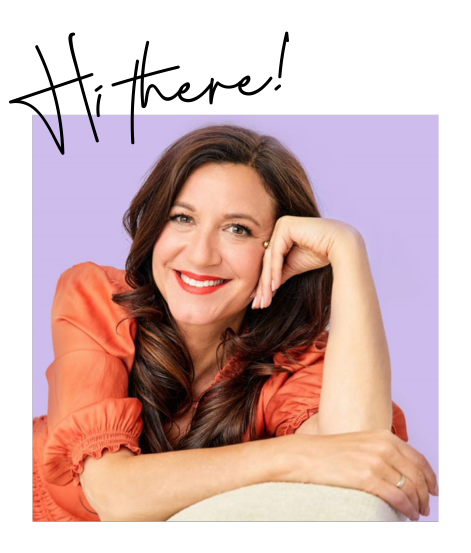TIME TO THRIVE BLOG
STOP people pleasing by setting healthy boundaries

I started to jot down all the things people said to me in the past when I set my boundaries—when I stood up for myself or for my daughter:
“You’re rude”
“You’re cold”
“You’re not respectful”
“You’re not empathetic”
“Psycho”
The list goes on…
No wonder it’s so damn hard for us to set boundaries! Who wants to be called all those things?
What are you called when you set boundaries?
Or maybe you’re only met with silence.
That’s the passive aggressive version of saying the same.
Setting boundaries is the area I worked on the most in my own personal development journey, and the area that many of my clients need support with.
I love talking and reading about boundaries!
Currently I’m reading Gabor Maté’s book When the Body Says No. He writes about how people with indistinct personal boundaries live with a lot of stress:
‘The blurring of psychological boundaries during childhood becomes a significant source of future physiological stress in the adult’.
Boundaries are learned in our formative years, and those of us who were raised by adults with poor boundaries have had to learn boundaries later—the hard way.
It usually starts just like that—the body says NO. We get headaches, belly aches and back pain. The body does what the mind can’t express.
Most people don’t like to hear a ‘no, I disagree’, ‘no, I don’t feel like coming, no, I can’t do that right now. So, we keep on people pleasing and swallowing all the ‘nos’.
We all want to be liked, right? So of course we do anything for people to like us.
What is it that’s so uncomfortable about other people setting boundaries?
What I have learned to be true is: We’re triggered by the things we’re not allowing ourselves. When someone else sets boundaries, we’re reminded of how badly we want to stand up for ourselves and others—but can’t!
When that child called me a “psycho”, she might have been upset about something she was not able to do herself, or maybe there was a lack of support in her close surroundings.
When that adult called me “not empathetic” she might have been angry for not being able to stand up for herself in the same way.
How other people treat you is a reflection of THEM. How you react is a reflection of YOU.
Two weeks ago, Gabor Maté was in Berlin to talk about the film that was made about him: The Wisdom of Trauma. During the Q&A afterwards, he advised:
‘Be as interested in your emotional reaction, as in the people who caused it’.
We can’t change others, but we have the power to change our reactions.
We have the power to unlearn our people pleasing behaviour.
We need to keep on saying NO, and stand up for ourselves. We need to do this for our mental and physical health. We need to do this for our children, family and friends.
Are you with me?
I’d love to hear what you are called when you set boundaries. Let me know in the comments.
Love,

Share this:

I’m Katarina
Welcome to my blog, where I share real-life stories and offer valuable and practical tips for how to achieve fulfillment without burning out.
FREE ONLINE COURSE
Reawaken Your Career Dreams
Get clarity on your next career move in 4 weeks
1 - 28 April 2024
FREE GUIDE FOR PROFESSIONAL WOMEN
CAREER CLARITY ROADMAP
Learn the Five Proven Steps I Consistently Teach Busy Mid-Career Women to Transform
Near-Burnout into Career Fulfilment
By signing up to receive my content, you agree to receive emails from me. You can opt out at any time.
Transform Near-Burnout into Career Fulfilment with my FREE GUIDE FOR PROFESSIONAL WOMEN.